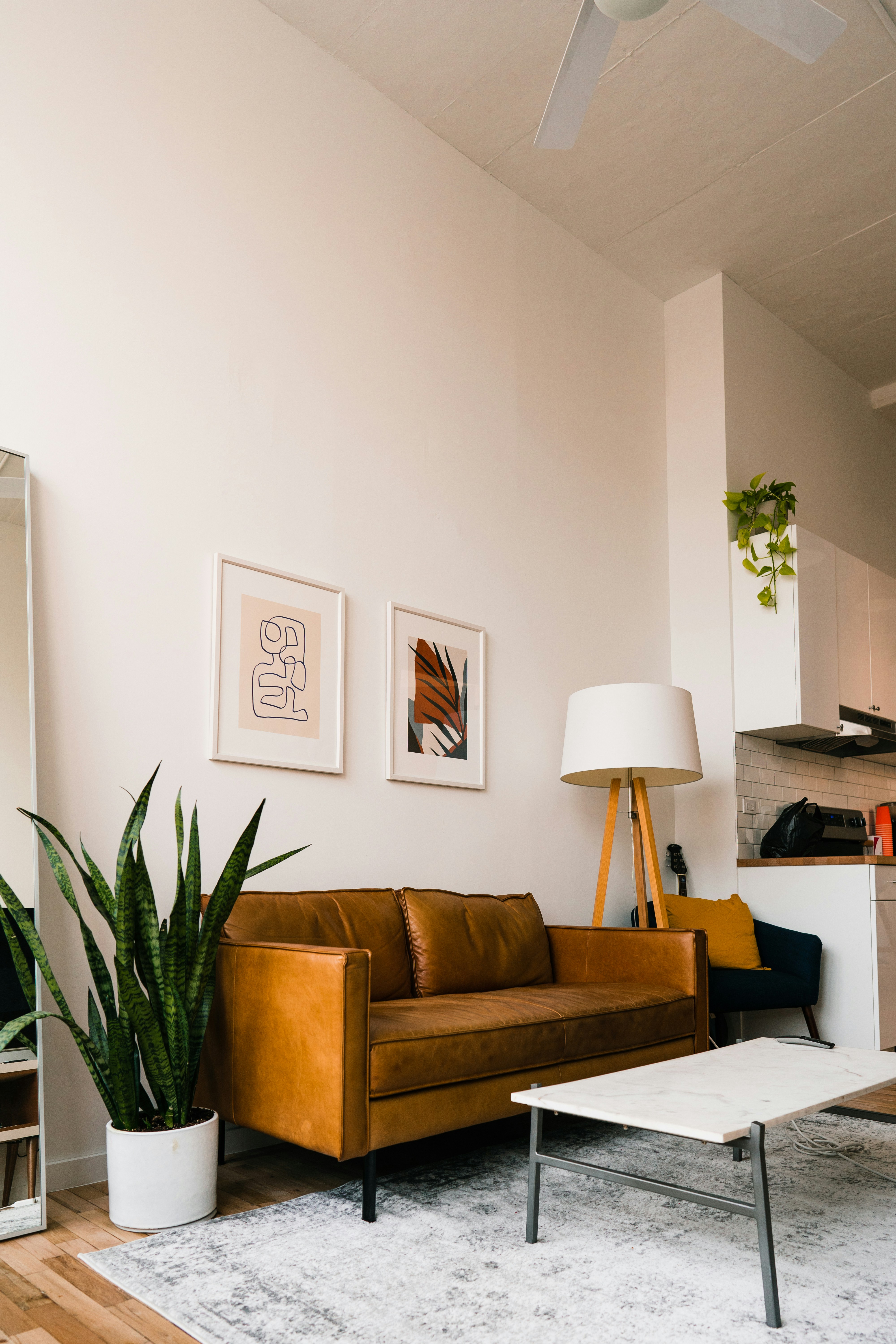The Emotional Cartography of Shared Spaces: Mapping Family Dynamics Through Home Design
Published on September 20, 2024
The Emotional Cartography of Shared Spaces: Mapping Family Dynamics Through Home Design
Our homes are more than just physical structures; they are the canvas upon which we paint our family's emotional landscape. The way we arrange our living spaces, the colors we choose, and the objects we display all contribute to an intricate emotional cartography that shapes our daily interactions and relationships.
As a home designer with a background in psychology, I've witnessed firsthand how the layout and design of a home can profoundly impact family dynamics. Let's explore some key elements of this emotional cartography and how they influence our family connections.
The Heart of the Home: The Kitchen
The kitchen is often referred to as the heart of the home, and for good reason. It's a hub of activity, conversation, and shared experiences. An open-plan kitchen that flows into living areas can foster a sense of togetherness, allowing family members to interact while engaging in different activities.

However, it's important to balance this openness with opportunities for privacy. Including a small nook or window seat in the kitchen can provide a quiet space for reflection or one-on-one conversations, creating a layered emotional landscape within a single room.
The Digital Den: Technology Zones
In our increasingly connected world, it's crucial to consider how technology fits into our home's emotional cartography. Creating designated "tech zones" can help balance the need for digital connectivity with the importance of face-to-face interaction.
For example, a family computer station in a shared space can allow for supervision and shared online experiences, while keeping bedrooms as tech-free sanctuaries for rest and reflection.
The Quiet Corners: Spaces for Solitude
While shared spaces are important, it's equally crucial to provide areas for solitude and individual pursuits. A window seat, a cozy reading nook, or even a converted closet can serve as a personal retreat, allowing family members to recharge and return to shared spaces with renewed energy.

The Family Gallery: Celebrating Shared Memories
The walls of our homes can serve as a canvas for our shared history. Creating a family photo gallery or a rotating display of children's artwork can reinforce a sense of belonging and shared identity. These visual reminders of our connections can serve as emotional anchors, especially during times of conflict or stress.
The Outdoor Extension: Nature as a Healer
Don't underestimate the power of outdoor spaces in your home's emotional cartography. A small patio, balcony, or even a well-placed window can provide a connection to nature, which has been shown to reduce stress and promote well-being. Consider creating an outdoor gathering space for family meals or a small garden for shared cultivation.
Conclusion: Your Home, Your Emotional Landscape
As you navigate the emotional cartography of your home, remember that there's no one-size-fits-all solution. The key is to create a space that reflects your family's unique needs, values, and dynamics. By thoughtfully designing your living spaces, you can create an environment that nurtures connection, supports individual growth, and strengthens family bonds.
Consider involving the whole family in the process of mapping and redesigning your home's emotional landscape. This collaborative effort can itself become a bonding experience, helping to create a living space that truly feels like home for everyone.
If you're looking for more ways to enhance your family's communication and well-being, consider trying Thinker, an AI-powered tool designed to help families navigate relationships, improve communication, and support mental health.


